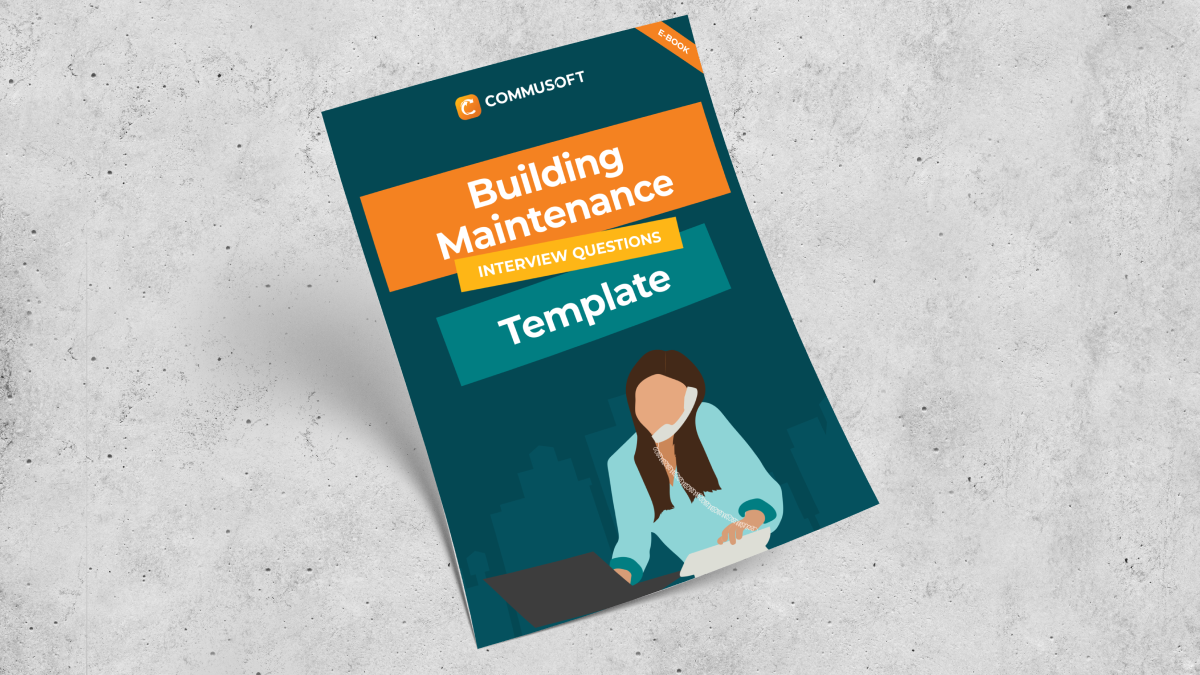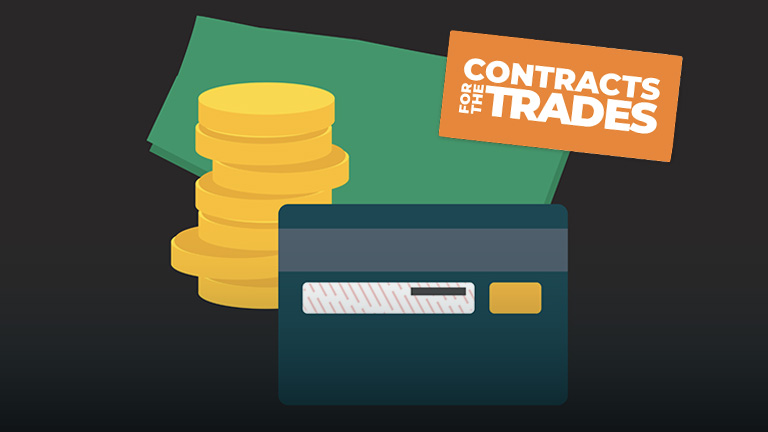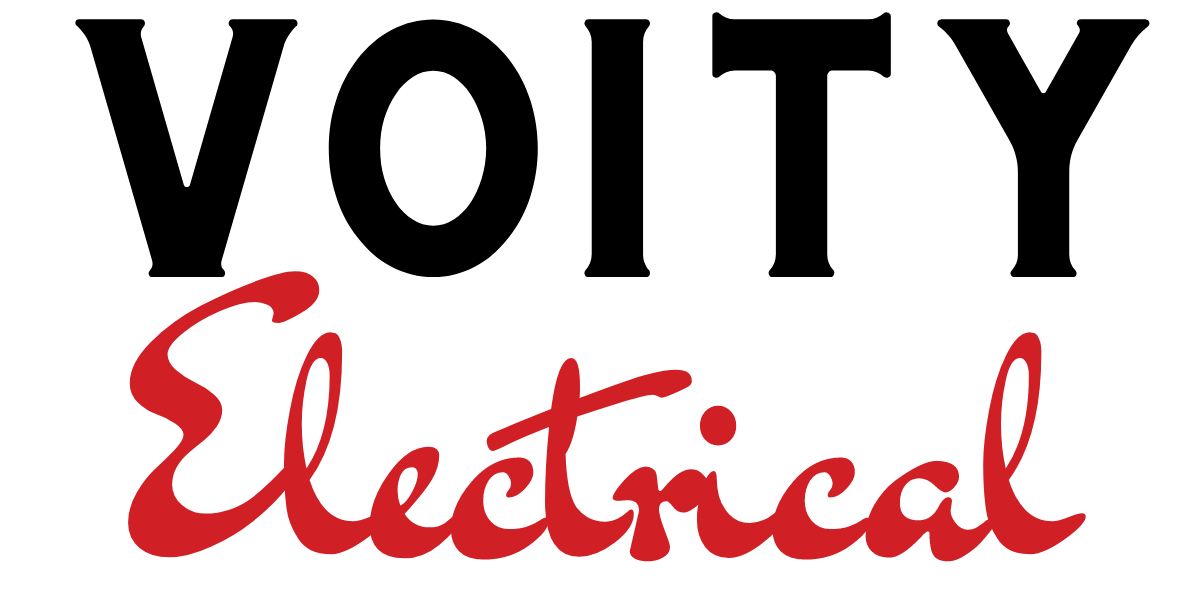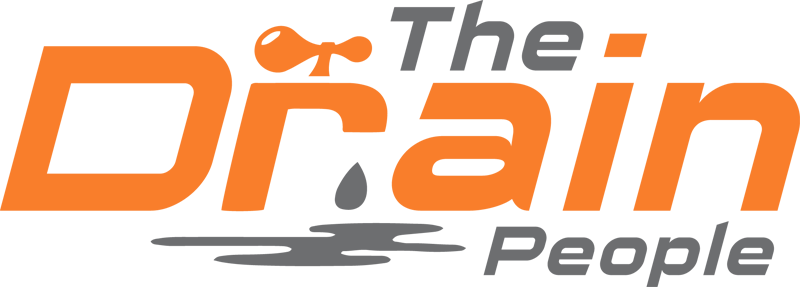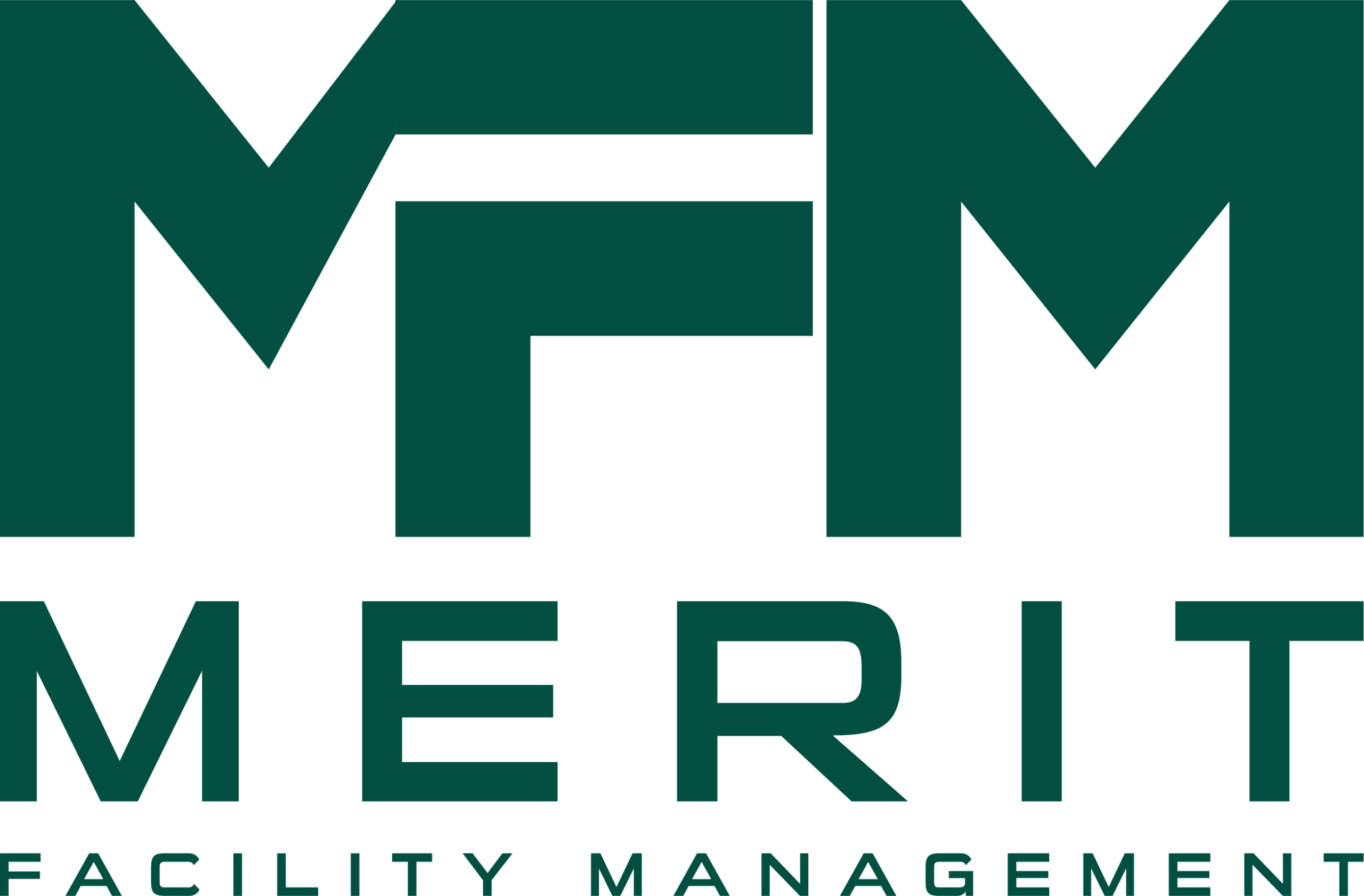Hiring new plumbing technicians? That’s great! But if you’re wondering “What questions should I ask a plumber during an interview?” you’re in the right place.
Our list of plumbing interview questions will help you improve your interview process and ensure that interviews stay focused on what really matters, helping you find the best candidates for the job!
Interviewing can be a stressful, time-intensive process, and not just for the applicant.
After all, as a hiring manager, the pressure’s on you to find the best candidate for the role, but it’s not always easy to know what to ask during an interview, or find the time to plan properly.
You may wonder:
- Should every interview be the same?
- Do I tailor questions to each candidate?
- How do I make every second count?
We’re here to help with a list of 24 questions that you can ask during an interview. To make things even easier, we’ve divided our list into six distinct sections:
- General Questions
- Technical Questions
- Role-Specific Questions
- Behavioural Questions
- Operational Questions
- Compensation Questions
By dividing your interview up into sections, you can follow a logical pattern that will keep you focused, keep conversation flowing, and ensure you cover lots of insightful topics.
We’re sure this advice will help you make every interview an excellent experience.

The Importance of Hiring the Right Plumbing Professionals
From past experience, niche skills, to the prospect’s personality: there’s a lot to consider about a new hire.
After all, for your plumbing company to be the best, you’ll want hire the best.
To do this, you need to use job interviews to understand more about how your plumbing candidates and their approach their work. A good interview will help you identify the traits that will make (or break) their success in the role.
Ultimately, asking the right plumber interview questions ensures you send an offer letter to the right candidate.
Balancing Interview Questions to Improve Candidate Selection
Interviews are two-way streets: you should be selling the position just as hard as they’re selling themselves to you. Be sure to highlight why your company stands apart from your competitors.
If you genuinely like the candidate, your sales pitch has to hold up. Try to find common ground and focus on making it a conversation versus an interrogation.
Asking these plumbing interview questions will give you a full and well-rounded overview of who your candidates are and help them to better understand your business, too.
It’s all about balance. Give the candidate time to speak and ask questions of their own!
You’ll learn more about their character, qualifications, and how they handle certain situations. Knowing this will help you make a more informed decision about who joins your company.
And remember: if hiring goes well, you’ll likely lower your staff turnover and cut hiring costs in the long run, too.
Hiring for a variety of technician roles?
Check out our Electrical Interview Questions and Building Maintenance Interview Questions!
General Plumbing Interview Questions
Get to know the basics about the candidate. These are useful questions to get things started:
1. What interests you about this position and our company?
The best plumbing candidates should be motivated and excited about the role!
Regardless of whether they’re a plumbing veteran or are just getting started as an apprentice, if they don’t know anything about your company or role, they likely haven’t done any research.
2. Can you describe a challenging situation you encountered at a previous plumbing job and how you handled it?
Plumbing comes with its fair share of pressure and hot water, literally.
The candidate may bring up experiences with sump pump failure, drainage systems, and broken water heaters for example.
Understanding how candidates handle stress and plumbing problems will help you determine who’s the best fit for your team.
3. Tell me about a strength and also a weakness of yours?
This is a great way to gauge confidence and begin to understand if the plumbing candidate can fill any knowledge and skill gaps within your team.
Be aware of short answers here. “I don’t have any weaknesses” isn’t a valuable answer.
Honesty, confidence, and self-awareness can help you understand more about what motivates a candidate, which is useful to know when managing them.
Technical Plumbing Interview Questions
Depending on the seniority of the role, these questions can help you understand more about their experience and background.
4. Can you describe your experience with [specific plumbing system]?
A resume only has so much space, so give candidates the opportunity to walk you through their experience.
They may bring up an additional certification they have or a course they took that could be extremely valuable to your team.
5. How do you troubleshoot common plumbing issues?
If they can’t master the basics, you’ll want to know about it.
This plumbing interview question will give you a clear understanding about the candidate’s attitude to work. Are they a problem solver? Are they methodical? Does it sound like they’re a bit chaotic?
If they can’t get past the first two steps of the job, or disregard health and safety precautions, it will become evident they’re underqualified for the role.
If they can talk you through everything in detail, you can be more confident they have the skills required.
6. Would you recommend water mains to be copper or PVC? Can you explain why?
This is not only to test an applicant’s knowledge but also an opportunity to see how they can explain their decisions. If you were the customer and heard this explanation, would you be convinced by their recommendation?
7. How can you determine the water hardness level in a building?
Like above, this question will help determine how much the candidate knows about the plumbing industry. Don’t forget to ask specific plumbing questions about the role you’re hiring for!
8. What is backflow, and why is it a concern in plumbing?
These questions may be trivial to a seasoned plumber, but if they can properly outline their answers, you can be sure they’ll do the same for your customers.
Learn more: Discover plumbing soft skills to look out for, in our blog!
Role-specific Plumbing Interview Questions
Think about the role you’re hiring for and lay out the must-haves, as well as explain how the candidate would fit within your company.
It’s also an opportunity to sell the role and be honest about how you see it developing.
9. What plumbing certifications do you hold, and are you licensed in this state?
Proper licensing and certifications are a must. Be sure to verify your candidate’s details are checked out and verified before sending them an offer letter!
10. Can you describe your experience with commercial plumbing systems?
Commercial plumbing comes with its own challenges. If an technician doesn’t have experience in a particular area, it can be a red flag for the role.
That said, it depending on their experience and training, it can also be a good opportunity for training and helping that candidate to progress their career.
11. How do you handle emergency plumbing situations, such as burst pipes or severe leaks?
Staying calm under pressure is essential in the plumbing industry. Be sure to use this opportunity to determine how your plumber candidate works in tense scenarios.
Furthermore, this question can help your interviewer understand how they’ll collaborate with your team.
12. What tools and equipment are essential for plumbing tasks, and how proficient are you in using them?
If they can’t list off common tools and explain why they’re necessary, you may have uncovered a big gap in their knowledge you would have otherwise not recognized until much later.
This question will demonstrate their familiarity with the trade.
Keep in mind you could rephrase the question to ask about specific tools you’d require them to use, too.
For example, ask if they’ve use a digital plumbing system, they might already be familiar with job management software you use to improve daily operations.
13. Have you worked with different pipe materials, and can you explain when and where to use each type?
Paired with the previous question, this should further reveal how familiar with the plumbing industry the candidate is.
Plus, this will give you a better idea of what they expect from their employer if you’re planning to provide them with additional equipment.
Behavioral Plumbing Interview Questions
You’ll want to gauge more about the candidates personality and consider if they’ll fit in alongside and compliment your existing team.
These questions will help you do that:
14. Tell me about a challenging plumbing project you’ve worked on. How did you approach & resolve the issue?
It’s important to understand how your plumbing candidates react to stress.
Great candidates should be able to accurately walk you through the situation and how it was resolved.
15. Describe a situation where you had to work as part of a plumbing team. How did you contribute to the team’s success?
It’s important that your new employee is a team player, because more often than not, they’ll be working as part of a team.
This question evaluates if they can take feedback from a teammate, or whether you’ll find yourself having to micromanage every small disagreement.
If they become defensive and say they’re always right, it should be a red flag.
16. Tell me about a plumbing project that required strict adherence to safety regulations. How do you ensure safety compliance on the job?
Your plumbers need to be able to follow instructions.
Not only is this an opportunity for candidates to indicate that they’re knowledgeable about the rules, but they can also showcase how they operate when strict regulations need to be followed on the job.
Plumbing apprentices might not yet be familiar with specific regulations, but they can use this opportunity to demonstrate some common sense!
17. Can you share an example of a plumbing project where you made a mistake or error? How did you handle it, and what did you learn from the experience?
Everyone needs to be able to own up to their mistakes! It’s important for the candidate to take accountability, but to also show that they were able to learn and grow from the error.
If they can’t do either of these, it should be a red flag in the interview.

Operational Plumbing Interview Questions
Arguably, these could be seen as mundane questions, but no job can be exciting all day, every. These questions will help you understand more about how they manage routine tasks:
18. How do you ensure the proper maintenance and upkeep of plumbing tools and equipment in your daily work routine?
Extending the life of your company tools is a top priority.
Your plumbing candidate should understand how to properly use and maintain plumbing equipment.
19. Walk me through your process for diagnosing a plumbing issue. What steps do you take to identify the problem?
Diagnosing problems will be part of parcel of any technician’s role.
If a problem isn’t immediately clear or obvious, then knowing they have the ability to not only assess issues but also clearly explain them to you can be a massive plus.
After all, they’ll likely have to explain these same issues to a client, and so it’s a useful way to gauge their customer service skills, which is also important for their role.
Even if the candidate has all the technical skills, if they can’t speak to customers professionally and clearly articulate what they’re doing, it may lead to misunderstandings or other problems down the line.
20. Describe the permits and licenses required for plumbing work in this area. How do you ensure you are compliant with local regulations on each project?
It’s essential that your employees have the safety knowledge to protect themselves and are compliant with regulations.
This question will also give you insights into how they work on the job.
21. In a situation where you discover a plumbing code violation on a job site, what steps would you take, and how would you rectify the issue while minimizing disruptions to the project?
Your plumbers not only need to be familiar with regulations, but they also need to be able to properly fix faulty plumbing equipment.
This is a great way to identify the very best plumber candidates.
Check out Commusoft: the best and only plumbing software your business needs!
Compensation-Based Questions for Hiring Plumbers
22. What are your salary expectations for this plumbing position?
Some hiring managers shy away from asking this because, frankly, they don’t want to hear the answer.
However, there is no point in spending more time interviewing a candidate whose salary expectations don’t align with your budget for the role.
We’d go as far as recommending including the salary bracket in the job listing to avoid wasting both your time and applicants.
23. What additional benefits or perks are important to you in a plumbing position?
Some candidates have specific benefits they’re looking for.
If your company offers competitive health insurance, PTO, retirement planning, or other benefits, now is the time to highlight them.
This is a great way to stand apart from your competitors.
You might discover if this is an opportunity to adapt your company culture. After all, new employees can bring new ideas!
24. Can you provide details about your previous compensation structure in your most recent plumbing position?
Naturally, different plumbing companies have different pay structures.
Use this opportunity to understand how they have previously compensated, and explain how compensation works at your business.
Find the Perfect Fit for Your Plumbing Position Today!
By asking a range of plumber interview questions — general, technical, role-specific, behavioral, operational, and compensation-based — you’re sure to improve the quality of your conversations with candidates.
You’ll also gain deeper insights into their personalities, capabilities, and qualifications.
As Tom Masters from Plumbing & Mechanical Magazine puts it,
“We assume all the good [candidates] are taken, but the truth is the market is filled with qualified people with all the skills, knowledge, and determination you’re looking for.”
Ultimately, asking the right plumbing questions will help you identify these applicants more easily and ensure you hire the right employee for your company.
It all comes down to excellent communication, which, coincidentally, is a topic the Commusoft team is passionate about!
Download your Plumbing Interview Questions Template and explore further advice on how to transform every interview for the better!

Originally by Ashley Tortorelli, this post has been updated with the latest and greatest advice!

